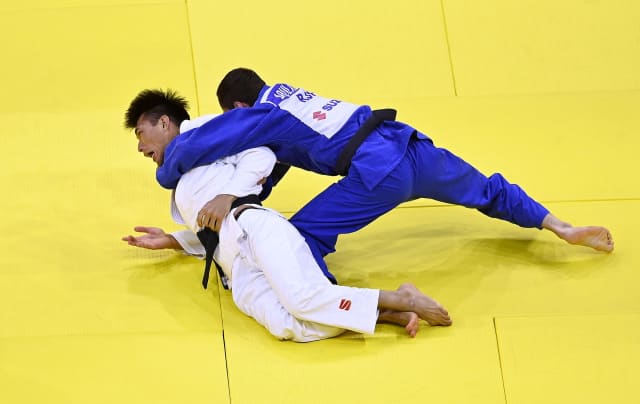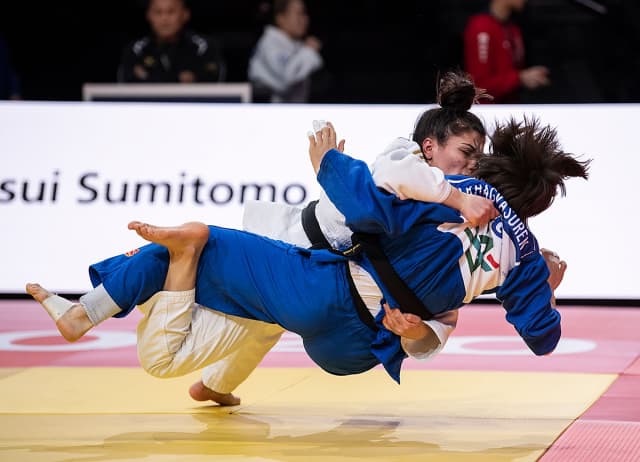Yet there are relatively few selected people compared to the global judoka population, which numbers in the millions, because, by definition, high-level sport is elitist. This does not mean that it is reserved for a group of people chosen on relative and subjective criteria. Quite the contrary, of course. All the athletes present in Hungary during this week are here, because they have proven in recent months that they have what it takes to be champions and that they deserve it.
So no, not everyone will be world champion at the end of the day, not everyone will have a beautiful shiny medal around their neck that they can show their children and grandchildren later, but everyone, without exception, will be able to say, ‘I was there, I saw it, I did it.’
Saying this has nothing to do with bragging. Once again, it is exactly the opposite. In the moral code of judo, there is intrinsic value in the practice of our sport: modesty which is often summed up by 'talking about oneself without pride,' but we shall add talking about oneself anyway, to say that we trained for long hours, that we sweated and sometimes suffered, that we made sacrifices and that it was all worth it.
Every evening of the World Judo Championship and this is also true for every competition, we celebrate the winners and we put their beautiful techniques and tactical skills in the spotlight. Yet we should celebrate every competitor who is here.
We watch it and we analyse it because we want to share what we think are values that go beyond the purely sporting framework. When two judoka engage on the tatami, here in Budapest, they do so with the desire to win, the desire to throw their opponent on their backs, hard, fast and with control. It may seem violent to the uninitiated. Yet if there is total and unconditional commitment, there is never any violence. Judo, this 'gentle way,' as described by Jigoro Kano, has today become what human relations could be. The opposition is there, it is clear, it is defined, but it is done within the framework of accepted rules and once the best has won, the athletes greet each other, shake hands and become the best of friends.
You just have to see the atmosphere of brotherhood that reigns in the warm-up area to be convinced. You only have to see how the Tower of Babel, that is the judo family, works to understand that there is room for competition, for winners and laurels, but that there is also so much room for all the others who one day will say, ‘I was there and I am proud of it.’


